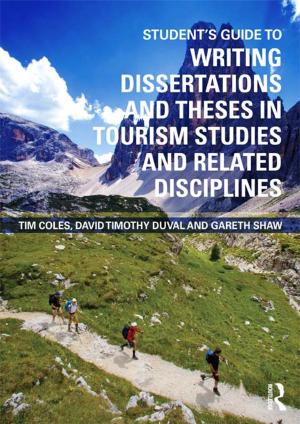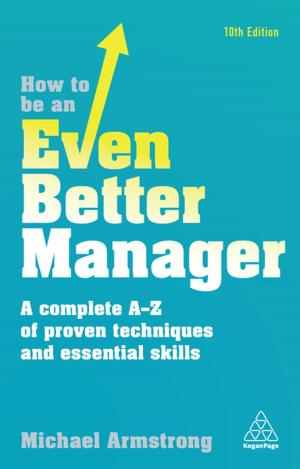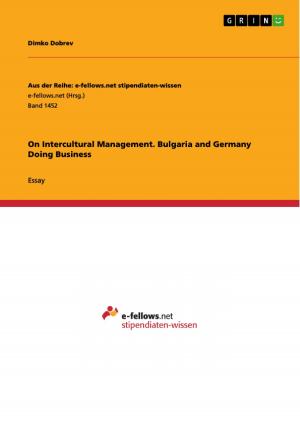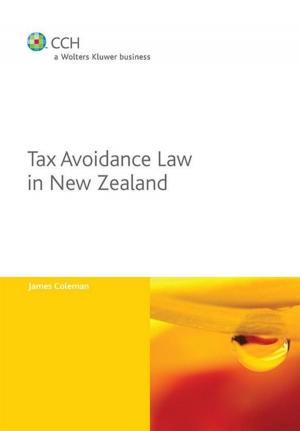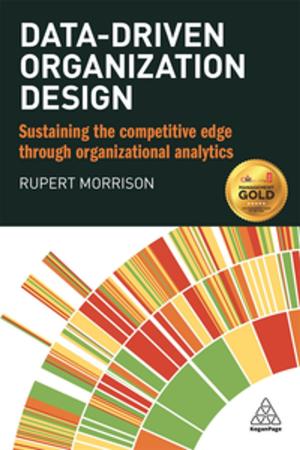Forensic Investigations and the Art of Investigative Interviewing
Nonfiction, Reference & Language, Law, Criminal Procedure, Criminal law, Business & Finance| Author: | Kevin Sweeney | ISBN: | 9781999793708 |
| Publisher: | Kevin Sweeney | Publication: | October 27, 2017 |
| Imprint: | Kevin Sweeney | Language: | English |
| Author: | Kevin Sweeney |
| ISBN: | 9781999793708 |
| Publisher: | Kevin Sweeney |
| Publication: | October 27, 2017 |
| Imprint: | Kevin Sweeney |
| Language: | English |
This book combines practical experience with academic knowledge to build an effective fraud or corruption investigation technique. The author uses his operational background and experience as well as academic research to explain what is necessary in these type of investigations. It provides the necessary skills to all types of investigators or auditors to enable them to investigate fraud type offences. The book places the interview and interview skills at the cornerstone of any type of investigation. It explains a non-coercive, fact-finding interview model suitable for use in non-policing contexts. It shows how and why collaboration is a better method of interviewing and how to structure and plan investigative interviews accordingly. It explains how to use evidence to the maximum effect in an interview and how to recognize the signs of deception in an interviewee. The book examines the reasons why people commit crimes, the danger signs in organisations and why people cooperate. It examines and details the legal principles involved in common law jurisdictions and how evidence collection should be managed in these jurisdictions. It explains the importance of the custody chain and how to structure reports to marshal the evidence collected correctly to support recommendations made. Throughout the book, constant emphasis is placed on the investigator using critical thinking skills to minimize personal biases.
This book combines practical experience with academic knowledge to build an effective fraud or corruption investigation technique. The author uses his operational background and experience as well as academic research to explain what is necessary in these type of investigations. It provides the necessary skills to all types of investigators or auditors to enable them to investigate fraud type offences. The book places the interview and interview skills at the cornerstone of any type of investigation. It explains a non-coercive, fact-finding interview model suitable for use in non-policing contexts. It shows how and why collaboration is a better method of interviewing and how to structure and plan investigative interviews accordingly. It explains how to use evidence to the maximum effect in an interview and how to recognize the signs of deception in an interviewee. The book examines the reasons why people commit crimes, the danger signs in organisations and why people cooperate. It examines and details the legal principles involved in common law jurisdictions and how evidence collection should be managed in these jurisdictions. It explains the importance of the custody chain and how to structure reports to marshal the evidence collected correctly to support recommendations made. Throughout the book, constant emphasis is placed on the investigator using critical thinking skills to minimize personal biases.

